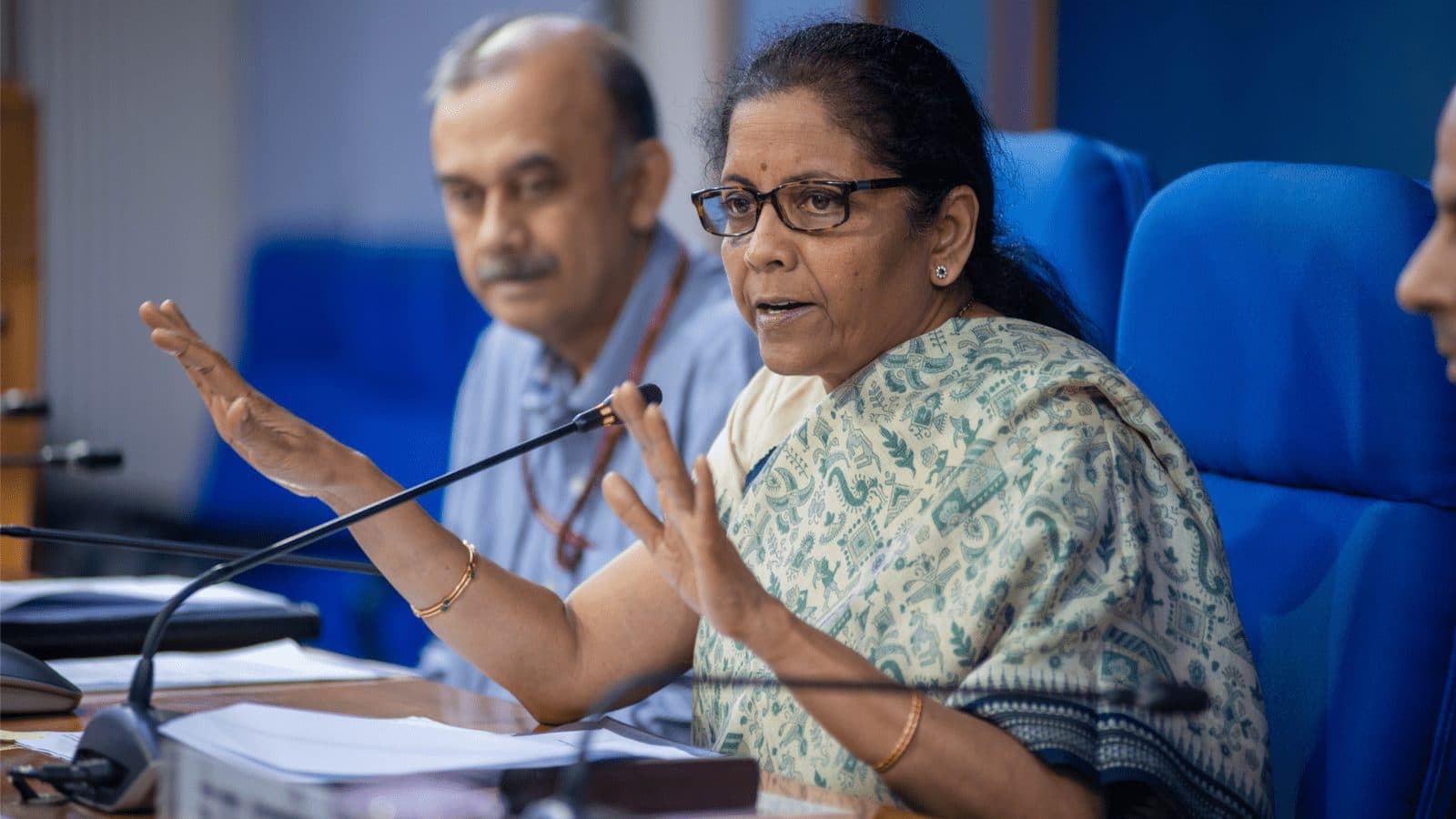India to Introduce a 30% Crypto Tax, Push Out CBDC by 2022-23
Indians will not be allowed to deduct expenses or allowances when calculating crypto income except the cost of acquiring them

Finance minister of India Nirmala Sitharaman. Credit: Shutterstock
- India’s finance minister announced Monday that the country is looking to tax income received from crypto transfers by 30%
- The country also looks set to introduce a CBDC by 2022-2023 with the aim of streamlining India’s currency management system
For the first time, India looks poised to introduce a 30% tax on income received from crypto gains alongside the introduction of a central bank digital currency (CBDC).
India’s Finance Minister Nirmala Sitharaman proposed the new measures during the country’s 2022-2023 budget speech to parliament on Monday. India is hoping to generate additional revenue from crypto profits and streamline its tax regime, coinciding with a “cheaper currency management system.”
It is a major development for the country and regulators, which have teetered on the issue of crypto ever since the nascent asset class began popping up on Indian exchanges in 2012.
“There has been a phenomenal increase in transactions in virtual digital assets,” said Sitharaman. ” The magnitude and frequency of these transactions have made it imperative to provide for a specific tax regime.”
Indians will not be allowed to deduct expenses or allowances when calculating crypto income except the cost of acquiring them, the minister added. Sitharaman also proposed deducting tax at the source (known as TDS) at a rate of 1% above a monetary threshold.
Those receiving crypto as a gift will also be subjected to taxation, while the loss incurred from crypto transfers will not be allowed to be offset by any other income, the minister added.
“It is a very progressive move,” Indian resident and co-founder at FV Bank Nitin Agarwal told Blockworks in an interview.
“By having 1% tax as TDS on transfers, there will be a mechanism to track and report the crypto transfers by the exchanges.”
Meanwhile, the country is expected to introduce a digital rupee by 2022-2023 which will be issued by the Reserve Bank of India (RBI), the nation’s central bank.
“[The] introduction of central bank digital currency will give a big boost to [the] digital economy,” said Sitharaman, who added the introduction of a CBDC would lead to a more efficient monetary system based on “blockchain and other technologies.”
In December 2017, the RBI and the Ministry of Finance issued statements comparing crypto to Ponzi schemes. Four months later, the central bank issued a circular prohibiting commercial banks and lenders from dealing in crypto as well as prohibiting them from servicing entities dealing in digital assets.
That banking ban was eventually overturned by India’s Supreme Court in March 2020, which labeled the central bank’s circular as “unconstitutional.” At the beginning of last year, India’s government said it would introduce a bill to create its digital rupee while at the same time banning “all private cryptocurrencies.”
The bill has not yet been made public, but it is understood crypto will be allowed as an investment asset class, courtesy of a fresh tax, but prohibited for use in payments.
“CBDCs are being tested by many governments and will take time to mature,” added Agarwal. “But one of the top six economies in the world working on this is extremely positive.”
Get the news in your inbox. Explore Blockworks newsletters:
- The Breakdown: Decoding crypto and the markets. Daily.
- 0xResearch: Alpha in your inbox. Think like an analyst.






